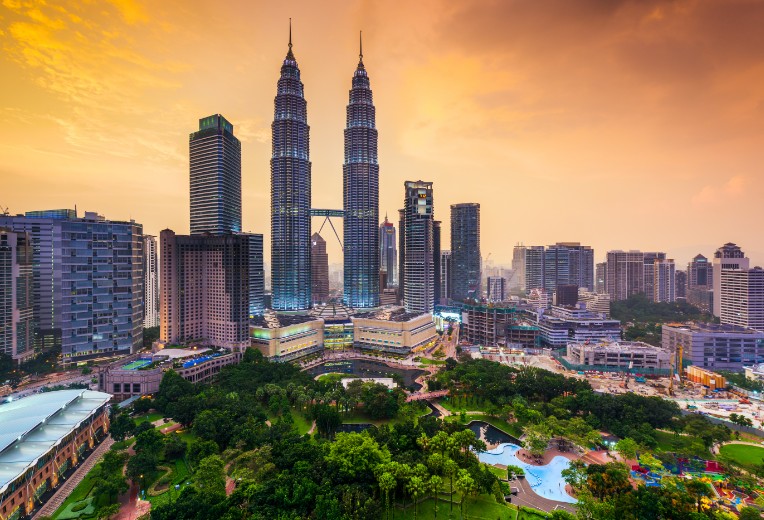
Image credit: IRENA
KUALA LUMPUR: Malaysia’s efforts in energy transition has earned the recognition of being the best in Southeast Asia in the Energy Transition Index by the World Economic Forum (WEF).
Bursa Malaysia chairman Tan Sri Abdul Wahid Omar (pix) said the WEF acknowledged Malaysia’s progress and plans to ensure a timely and appropriate energy transition.
He said that, among other factors, the index considered the nation’s readiness to switch to more environmentally-friendly energy sources.
“This achievement is significant and comes at a crucial time as we gear up for the upcoming climate negotiation at the UN Framework Convention on Climate Change (COP28) in Dubai later this year,” he said.
Abdul Wahid said this in his welcoming remarks at the ‘Invest Malaysia Special Series: Launch of the National Energy Transition Roadmap (NETR), Part 1: Flagship Catalyst Projects and Initiatives’ here, today.
Meanwhile, the Bursa chairman noted that there are 31 private limited companies in the energy sector listed on Bursa Malaysia, representing 2.16 per cent or RM37.6 billion of the total market capitalisation.
“The performance of renewable energy-related companies listed on Bursa Malaysia is quite strong. For instance, Solar Vest and Samaiden Bhd have recorded year-on-year market capitalisation growth of 77 per cent and 71 per cent, respectively,” he said.
Abdul Wahid said that Bursa Malaysia, as a multi-asset Exchange, has actively facilitated Malaysia’s energy transition efforts, particularly by bridging financing gaps needed for the country to transition towards net zero through the launch of its voluntary carbon market (VCM) exchange - Bursa Carbon Exchange (BCX), the world’s first syariah-compliant VCM exchange in December 2022.
He added that Malaysia has immense potential to generate high-quality carbon credits from the wealth of the country’s nature- and technology-based resources to support Malaysia’s energy transition goals.
“This is one of the building blocks towards establishing carbon pricing that would help finance some of the actions and investments required for Malaysia to achieve net zero as early as 2050.
“We envision BCX will provide additional financing opportunities through the revenue generated from low-carbon energy projects,” he said.
Abdul Wahid noted that 54.9 per cent of Malaysia’s total land area is covered by forests and trees, as reported in Malaysia’s Fourth Biennial Update Report (BUR4) to the United Nations, and it has 46 trillion cubic feet (TCF) of carbon storage capacity in its depleted oil and gas fields.
Additionally, he said there are abundant opportunities for lower-hanging fruits, such as methane recovery from palm oil mill effluents, industrial wastewater, and landfills, which could be harnessed for biogas electricity generation.
Source: https://www.thesundaily.my/local/abdul-wahid-wef-recognises-malaysia-s-energy-transition-efforts-best-in-se-asia-JL11290382

